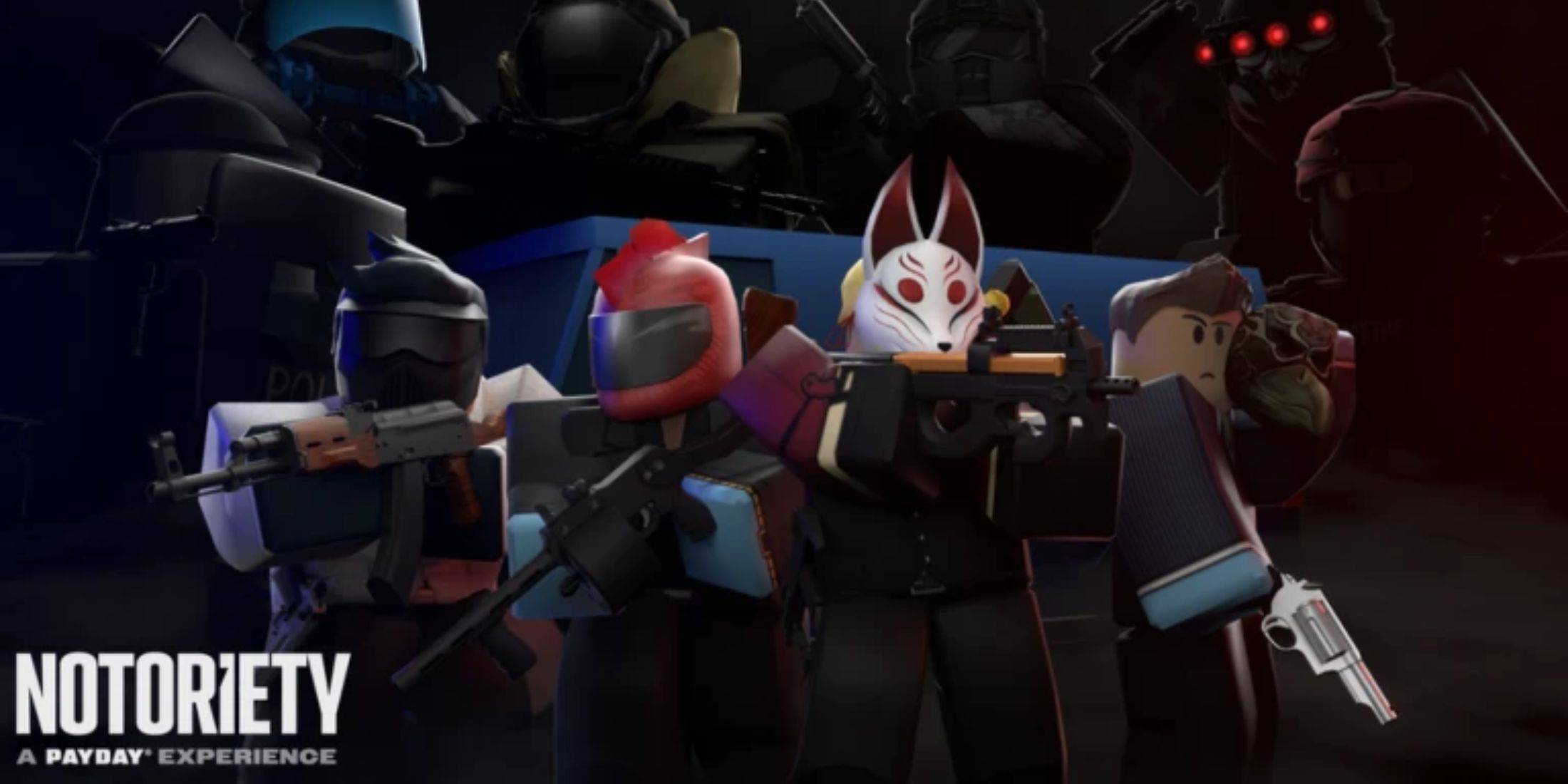"Elden Ring Nightreign Echoes Forgotten God of War"
This past weekend marked the initial network tests for *Elden Ring Nightreign*, the much-anticipated standalone multiplayer game derived from FromSoftware's masterpiece, *Elden Ring*. Unlike the *Shadow of the Erdtree* DLC released last year, *Nightreign* diverges significantly from its parent game. It replaces the expansive open world with a focused survival format where three-player teams must navigate shrinking maps, battling groups of enemies and increasingly difficult bosses. This design clearly draws inspiration from the massively popular *Fortnite*, which has attracted an astonishing 200 million players this month alone.
However, *Nightreign* also mirrors a less celebrated and often criticized title, *God of War: Ascension* from 2013, and this is where its true potential shines.
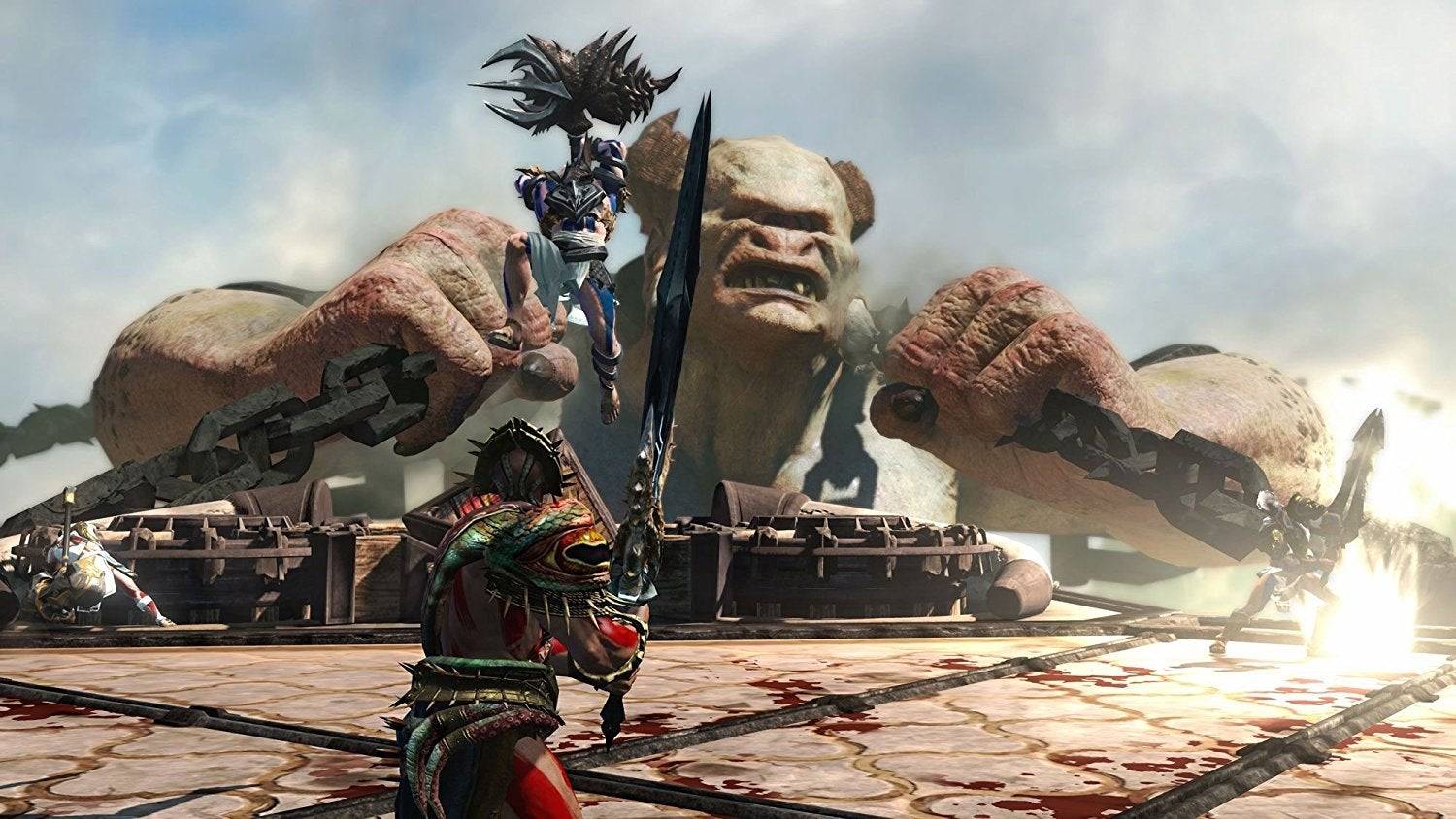
Released between *God of War 3* in 2010 and the Norse saga reboot in 2018, *Ascension* serves as a prequel set before the iconic Greek mythology trilogy. It follows Kratos as he attempts to break an oath to Aries, but it failed to match the epic conclusion of its predecessors, earning it the moniker of the franchise's black sheep. Yet, *Ascension* was more than just a prelude; it featured stunning set-pieces, such as the Prison of the Damned, a dungeon intricately carved into the body of a 100-armed giant. More crucially, *Ascension* introduced something new to the series: multiplayer.
In *Ascension*, the "Trial of the Gods" mode is cooperative PvE, strikingly similar to *Elden Ring Nightreign*. As players progress through the story and encounter an NPC who prematurely celebrates being saved before being crushed by a boss, this same NPC becomes playable in multiplayer. Players are then transported to Olympus, pledging allegiance to one of four gods—Zeus, Poseidon, Hades, or Aries—each granting unique weapons, armor, and magic. These tools are used across five multiplayer modes, with "Trial of the Gods" being a cooperative PvE experience, echoing the essence of *Nightreign*.
Previews of *Nightreign* by prominent "Soulsborne" YouTubers like VaatiVidya and Iron Pineapple, along with coverage from IGN, have highlighted the similarities with live service games like *Fortnite*. *Nightreign* incorporates randomized loot, resource management, and environmental hazards that challenge players by damaging their health and restricting their movement. It even features a homage to *Fortnite*'s iconic skydiving entry, with players being dropped into the level by spirit birds.
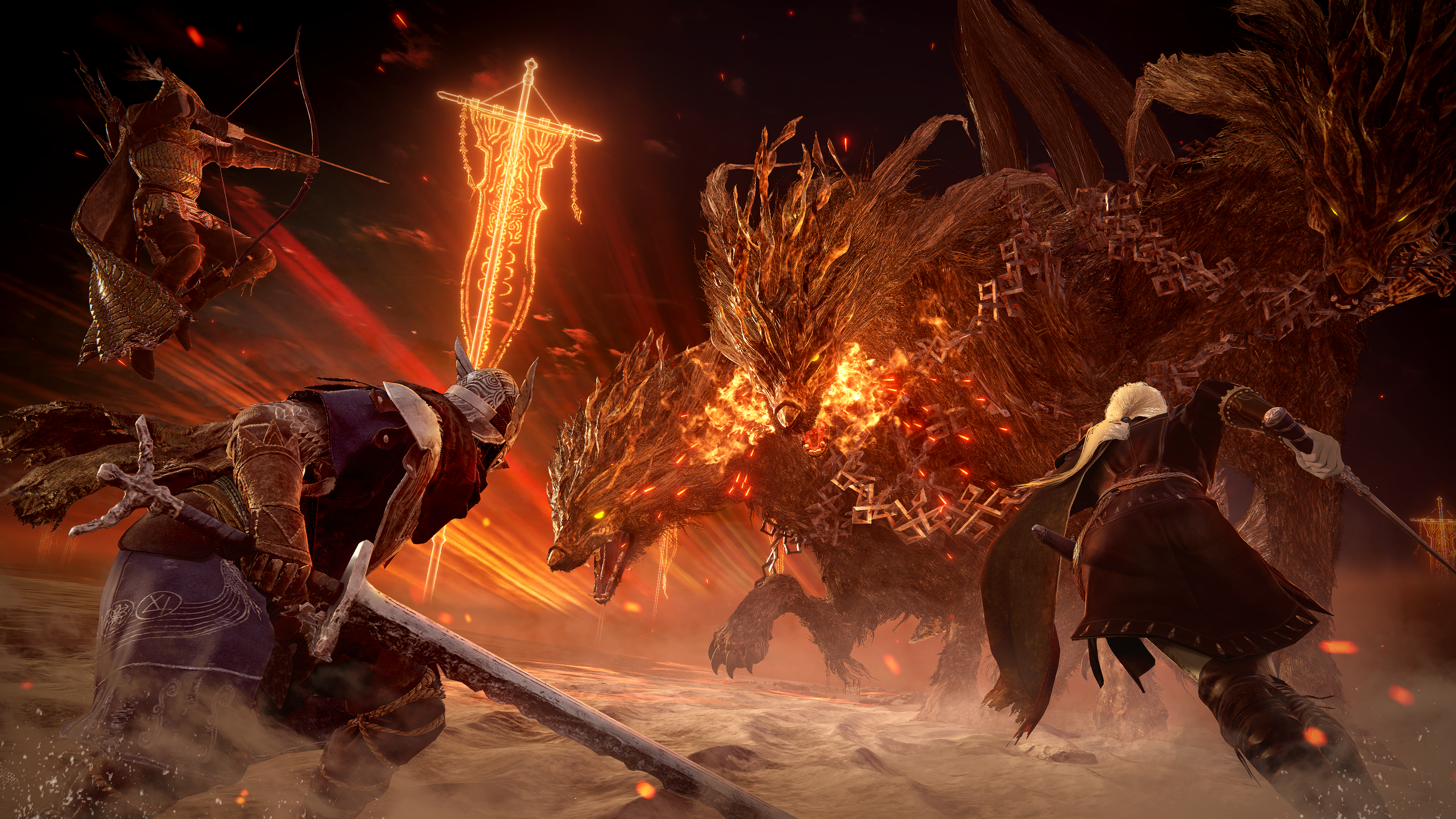
While *Ascension* lacks *Nightreign*'s battle royale aesthetic, deeper analysis reveals significant parallels. Both *Nightreign* and *Ascension*'s "Trial of the Gods" mode are cooperative experiences where teams confront increasingly formidable foes. Both allow players to battle iconic bosses from previous games, such as Hercules in *God of War 3* or the Nameless King in *Dark Souls 3*. They share countdown timers and shrinking maps, and both are multiplayer extensions crafted by studios renowned for single-player excellence, albeit without the direct involvement of their series' original creators.
The response to *Nightreign* from network test participants mirrors that of *Ascension*'s "Trial of the Gods." Players describe their *Nightreign* runs as a thrilling race against time, a stark contrast to the more leisurely pace of *Elden Ring*'s base game. *Nightreign* compels players to act swiftly and efficiently, with mechanics such as channeling an inner spirit horse to run faster and jump higher, compensating for the absence of Torrent.
*Ascension*'s multiplayer mode also adjusted its single-player framework to enhance pacing, utilizing techniques akin to those in *Nightreign*. It increased player speed, extended jumps, automated parkour, and introduced a grapple attack, all of which are mirrored in *Nightreign*'s Wylder character. These mechanics prove invaluable as *Trial of the Gods* pits players against hordes of enemies, demanding quick, decisive action.
The unexpected resemblance between *Nightreign* and *Ascension* is intriguing, not least because *Ascension* has largely faded from memory. The *Soulslike* genre, which *Elden Ring* belongs to, originally stood in stark contrast to *God of War*'s power fantasy. While *God of War* lets players embody a god-slaying warrior, *Soulslike* games cast players as struggling, nameless undead. Yet, as fans have honed their skills and developers have provided more powerful tools, the challenge in *Soulslike* games has diminished. *Nightreign* aims to reintroduce this challenge, offering a fresh yet familiar thrill reminiscent of *Ascension*'s multiplayer mode, where players can feel like time-pressed, vengeful Spartans.
-
When director Hugo Martin revealed at Xbox’s Developer Direct that Doom: The Dark Ages embraces a “stand and fight” philosophy, it immediately piqued my interest. This approach contrasts sharply withAuthor : Owen Aug 26,2025
-
Nintendo Switch 2 reveal event recently concluded Mobile integration sparse, but new app features unveiled Zelda Notes syncs with Breath of the Wild to reveal hidden secrets With theAuthor : Owen Aug 11,2025
- Black Ops 6 Zombies: How To Configure The Summoning Circle Rings on Citadelle Des Morts
- Harvest Moon: Lost Valley DLC and Preorder Details Revealed
- Roblox: Latest DOORS Codes Released!
- Roblox: Blox Fruits Codes (January 2025)
- Silent Hill 2 Remake Coming to Xbox and Switch in 2025
- Roblox: Freeze for UGC Codes (January 2025)

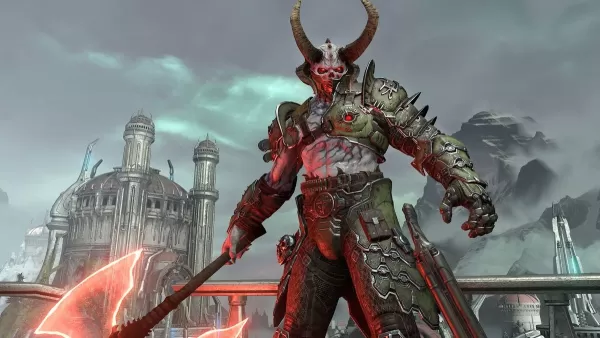
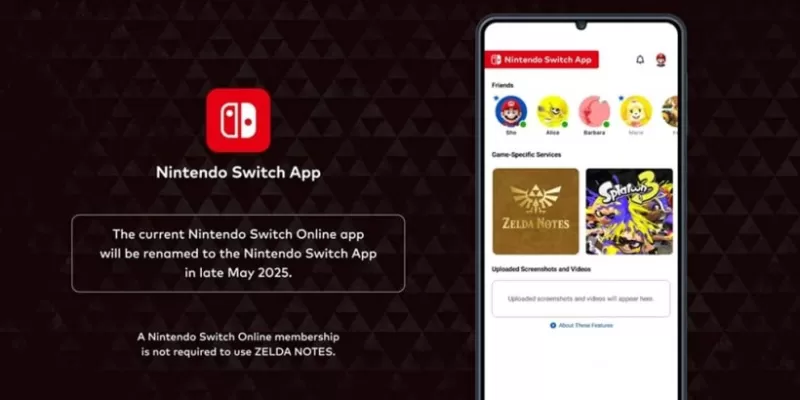









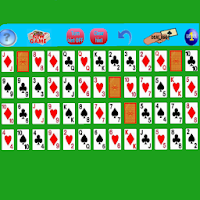
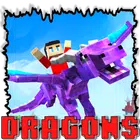
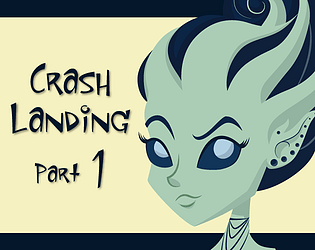



![Taffy Tales [v1.07.3a]](https://imgs.ehr99.com/uploads/32/1719554710667e529623764.jpg)




